
Contributed by Jonathan Stevenson / This is a little late, but just in time for the Oscars. Filmmaking in the time of Covid is looking healthy, so no epochal disquisition is needed – just the usual caveat that these picks are inevitably subjective and, in some cases, perhaps eccentric.

Martin McDonagh’s grim, history-laced, and seamless satire The Banshees of Inisherin (reviewed in Two Coats of Paint) may be the best movie of the year and has the nominations to run the table at the Oscars. It probably won’t, in part because Brendan Fraser could beat out Colin Farrell for best actor for his wrenching performance in Darren Aronofsky’s The Whale, a morbid paean to unfortunates trying to eke out a final win offering some wisdom on Moby-Dick. Thematically kindred but tonally foreign is Living, Oscar Hermanus’ soulful adaptation of Kurosawa’s Ikiru, in which Bill Nighy’s diffident, bloodless British civil servant harnesses the redemptive power of impending death, coming alive at last. The proudly unsubtle Tár, from Todd Field, features the showy, trendy Cate Blanchett in a showy, trendy role as a hubristically callous conductor, but the film is elevated by Nina Hoss as her gradually outraged wife and a cleverly snide and improbably cogent ending. James Gray’s Armageddon Time is a somewhat cloying but admirably probing film based on his life as a Jewish boy growing up in Queens, with Anne Hathaway nailing her role as his mother. White Noise isn’t a great film, but Don DeLillo’s prescient book was a hard one to adapt, so kudos to Noah Baumbach for doing a creditable job and conjuring a final scene that manages to be both current and, thanks to LCD Soundsystem’s raucous closing tune “New Body Rhumba,” even a little upbeat. There’s nothing else like the quasi-dadaist Everything Everywhere All at Once, and with luck it’s inimitable.




Among the indies, John Patton Ford’s Emily the Criminal (see the Two Coats of Paint review), with a tough-as-nails Aubrey Plaza, is impeccably calibrated and grotesquely compelling. Claire Denis’ Stars at Noon, smartly spiriting Denis Johnson’s Cold War thriller into the present, is quieter, but also paints a dire picture of a game woman (Margaret Qualley, suitably querulous and unstable) trying to cope in a dangerous gray zone; Benny Safdie sets the defining tone as a smirking CIA case officer, finely balanced between swagger and resignation, insistence and dissipation. The Stranger, directed by Thomas M. Wright, presents Joel Edgerton and Sean Harris in roles for which they, with their pleading laconicism, seem uniquely well-suited: respectively, an undercover cop and the murderer he brings to justice, each rattled by his morally toxic lot. Charlotte Wells’s melancholy feature debut Aftersun, about an eleven-year-old girl’s grimly formative vacation with her troubled, unformed father, is arthouse gold. The Wonder, starring the redoubtable Florence Pugh, is a deftly somber Anglo-Irish period piece, set about ten years after the famine, on hunger-inflected delusions of atonement. Causeway, a tight little movie about PTSD, stars Jennifer Lawrence summoning her Winter’s Bone sullenness and Brian Tyree Henry loosely channeling his sublimely grumpy Atlanta rapper Paper Boi in a performance that duly grabbed him an Oscar nomination.






More indie (or indie-ish) movies. Steven Soderbergh’s Kimi, with Zoe Kravitz radiating fierce vulnerability, is riveting topical suspense and of course nicely shot. Ruben Ostlund’s Triangle of Sadness is the best of several satires on privileged white assholes getting their comeuppance, funnier than The Menu and, unlike Glass Onion, a good film. To Leslie, with the protean Andrea Riseborough as an eventually noble reprobate, Alison Janney as her baleful antagonist, and Mark Maron as her torch-carrying savior, is a satisfying and squared-away movie, leaving aside the controversy over Riseborough’s Oscar nod. A Love Song is a tough and affecting late-life romance showcasing two superb character actors: Wes Studi and Dale Dickey. If you like Rebecca Hall, you might appreciate the creepy and unpleasant Resurrection, though you are not likely to enjoy it. The film version of Ben Macintyre’s true Second World War story Operation Mincemeat works as a jaunty yet subdued comment on espionage, with Matthew Macfadyen lending his patented nuance and humanity to the effort. Octogenarian Peckinpah inheritor Walter Hill – “Mr. Sensitivity” we used to call him – made a fond and amusing if too-stilted tribute to B westerns called Dead for a Dollar, agreeably starring Christoph Waltz along with Willem Dafoe and Rachel Brosnahan.


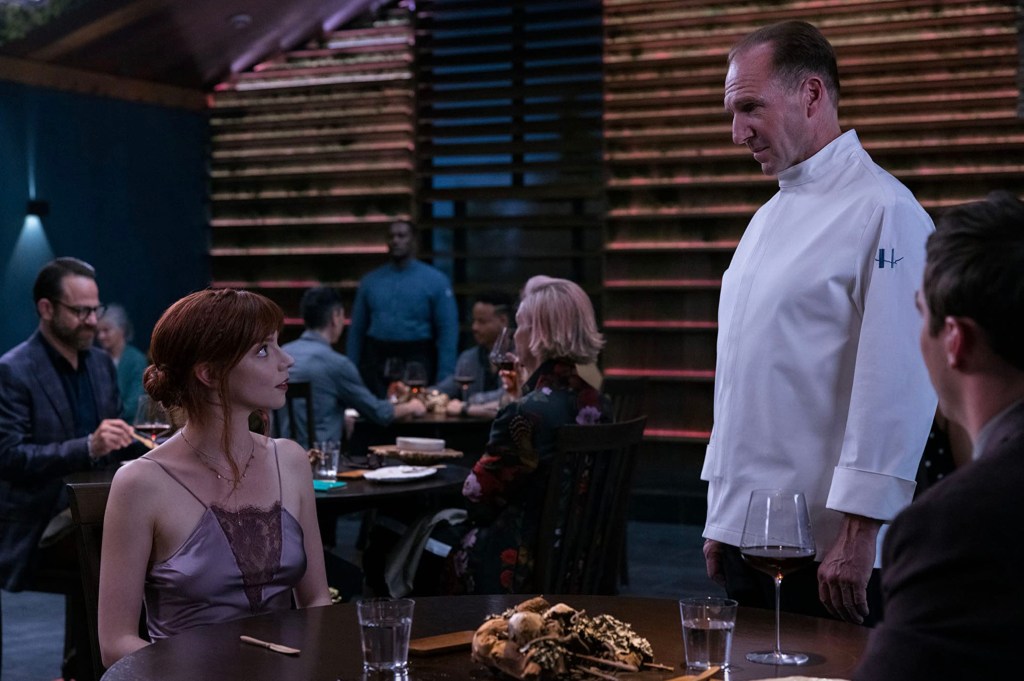





Among foreign-language movies, EO, Jerzy Skolimowski’s intensely humanistic movie about an itinerant, sweetly aloof donkey ill-served by humans, takes the prize for transcendent empathy and stealth grandeur; simply terrific. Other standouts include Park Chan-wook’s Hitchcockean Decision to Leave, Hirokazu Kore-eda’s quirkily existential road-movie Broker, and Mario Martone’s ironically titled Nostalgia, which looks sidelong at Naples. The German remake of All Quiet on the Western Front is an effective and topically targeted combat movie, though it strays from the iconic novel and tries a bit too hard for comfort to frame the German stab-in-the-back myth.
Stream on.






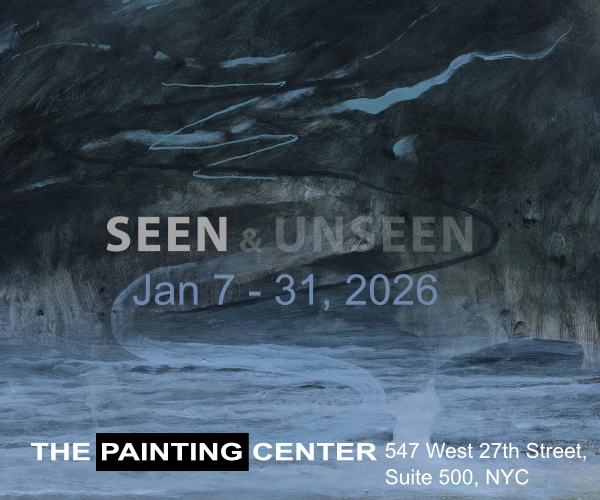


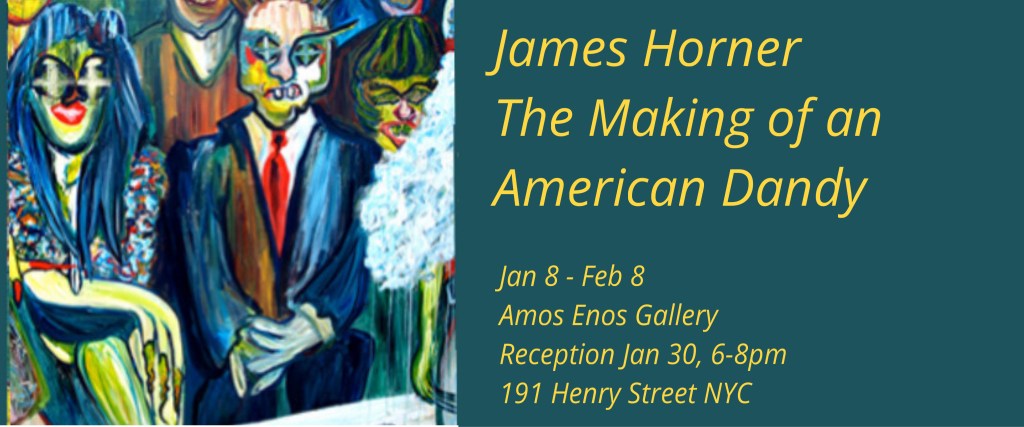
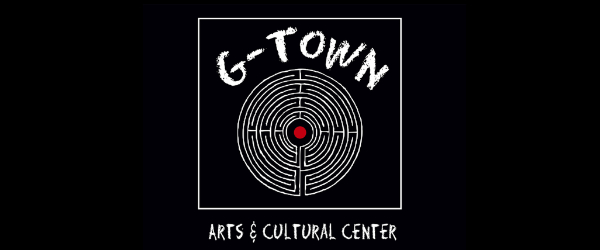












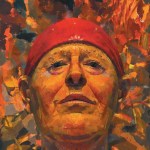




Too bad Women Talking is not streaming yet; a magnificent film that should eb on a top 2022 movie list.
The kind of life I lead: Saw only part of one, “The Glass Onion,” an unfunny over-the-top sequel to “Knives Out” on which I bailed about a third of the way through. May try to talk my beloved into trying “All Quiet on the Western Front,” but doubt she’ll go for a war movie.
On the other hand, the bigger canvas of limited-series television, selectively chosen, yields the likes of “Karen Pirie,” “Rocco Schiavone” (the first two seasons), the second season of “White Lotus,” and a few others, brought me great satisfaction.
Against my will, I was dragooned into going go see “Women Talking” with my sister and ended up riveted. It’s a very talky movie that amounts to a kind of dialogue among women about the relation of the sexes–what’s really going on, what’s really possible, what’s pure pie-in-the-sky utopian thinking. It struck me that it would be brilliant on the stage but, because the acting is so great it works fine in a movie.
P.S. Dear Spouse: You are right, I am reading about war every day and don’t want to watch war movies right now.
Spouse read my comment above and pointed out that I was redundant, as in, “Against my will” is equivalent to, “I was dragooned.” It’s an embarrassing oops on my part!
The “Quiet Girl” is a masterpiece. Based on a novel by brilliant Irish writer Claire Keegan. Takes place in County Wexford. The filming is exquisite, (sometimes stopped like looking at a Stephen Shore still life photo, other times Richter-like blurred when looking out a fast-moving car window)
Daddy’s home (see PP above) so I’ll keep ’em short.
“Emily the Criminal” and Aubrey Plaza’s performance top my list. I made it through half of “Glass Onion” and wish I hadn’t. Cate Blanchett kills it, as I’ve come to expect. “Triangle of Sadness”— timeless theme, bears repeating. “All Quiet on the Western Front” is the best adaptation I’ve seen. (“Paths of Glory”, Kubrick, 1957) is available to screen.
(I should refrain from commenting when I’m on painkillers).
I concur with Marlene about “Women Talking,” which is now streaming on Amazon Prime. Had I seen the film before writing the piece, I’d have mentioned it prominently.